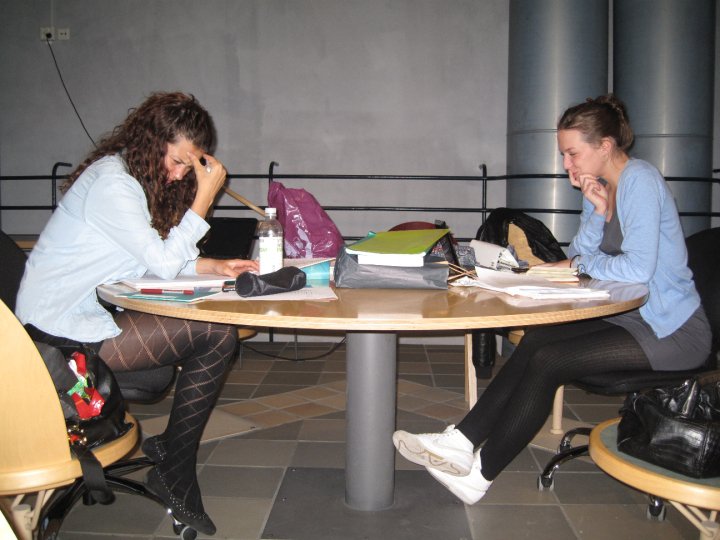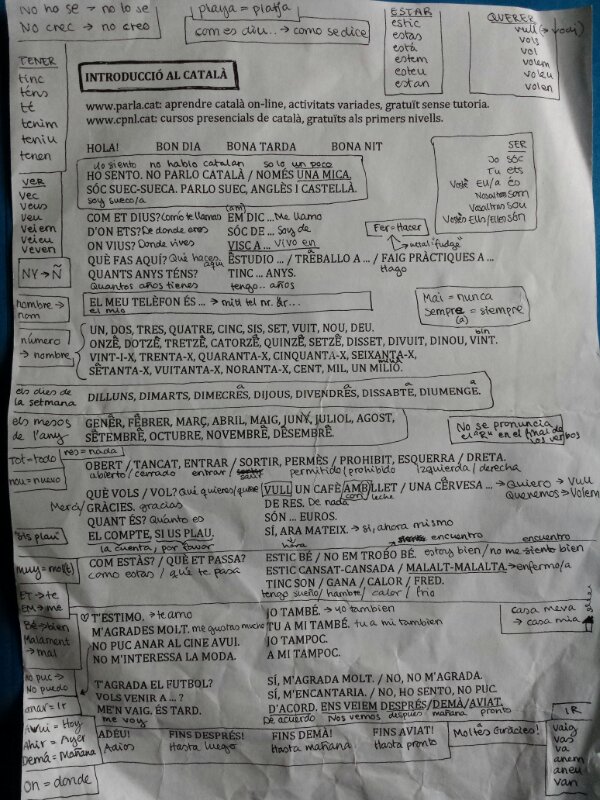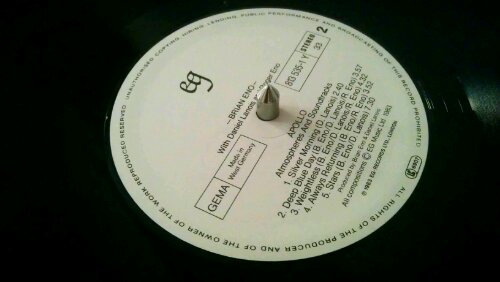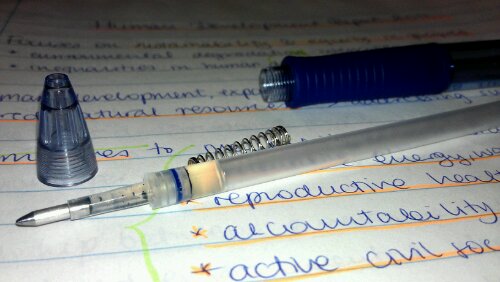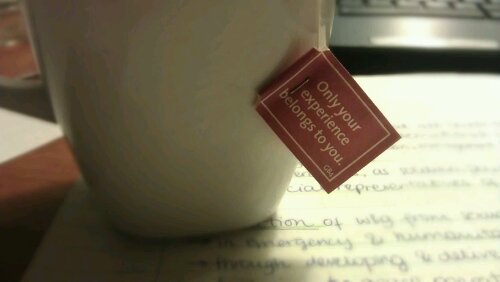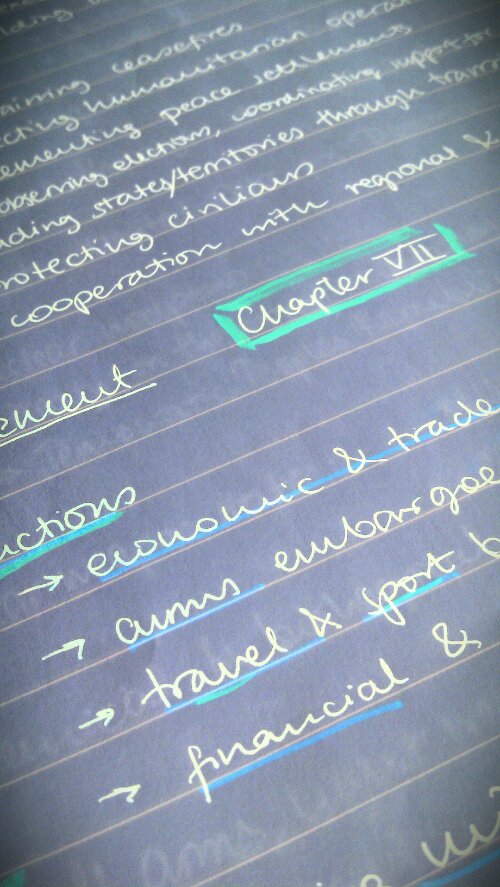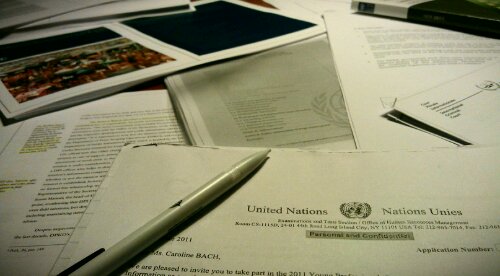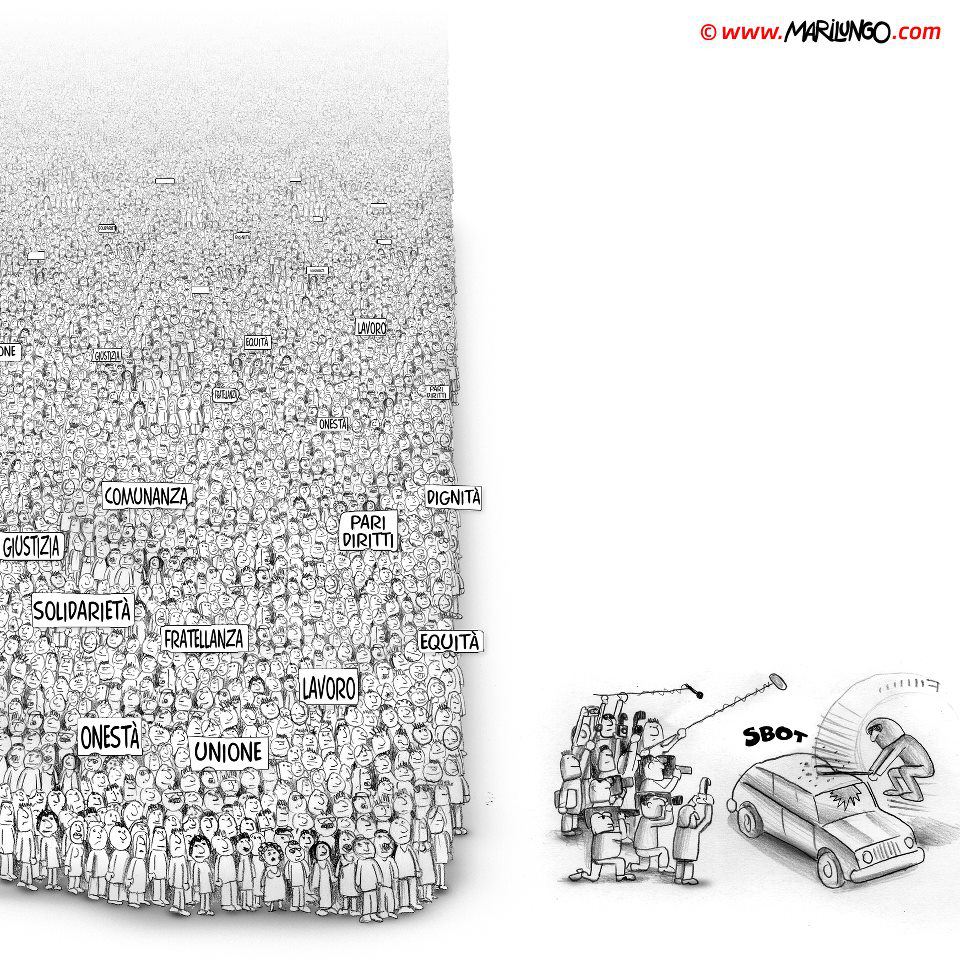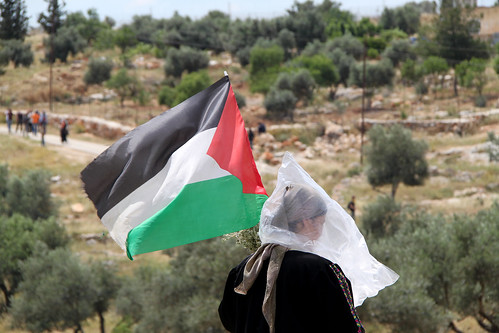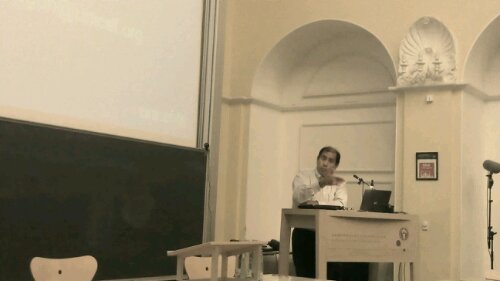You, us, world.
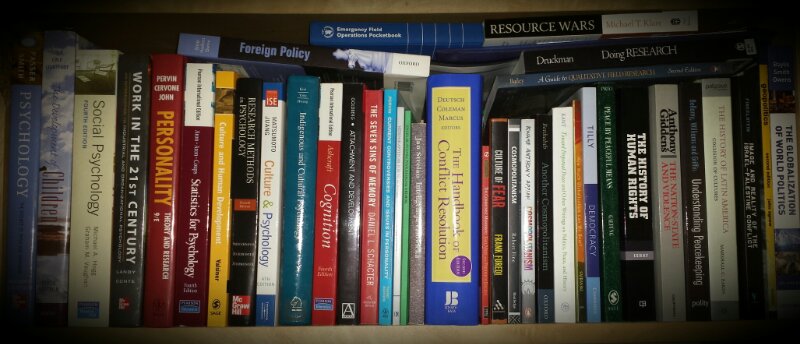
I didn’t know what I wanted to do when I first signed up for my psychology studies. All I knew was that I wanted to really understand people, their minds, emotions and motivation. Then, at some point after learning about human development and cognition, I discovered the contrasts created by culture and society, and got interested in social psychology and intercultural communication – I went abroad for an exchange term and tried learning both Arabic and Spanish while studying various types of psychology, moral philosophy, statistics and conflict resolution – and then I suddenly shifted to diplomacy and wanted to understand the entire world – I went for a couple of trips, and came back eager to jump on a programme of mixed studies in peace and conflict, human rights and international relations. So i did.
And here I am now. Quite clueless still I guess.
I really want to thank you, anyhow, Sweden, for not limiting me or forcing me to make choices. For always offering endless alternatives if I would ever wish to return to University. (Harry Potter studies, anyone?) And for giving me all of this for free.
Every person should have access to a free, functional and flexible education system that supports, inspires, and lets them grow in the direction their minds choose. And hearts. People deserve to end up doing something they truly love.
Today’s limit of cheesiness has officially been reached. But hey, it’s all true.
